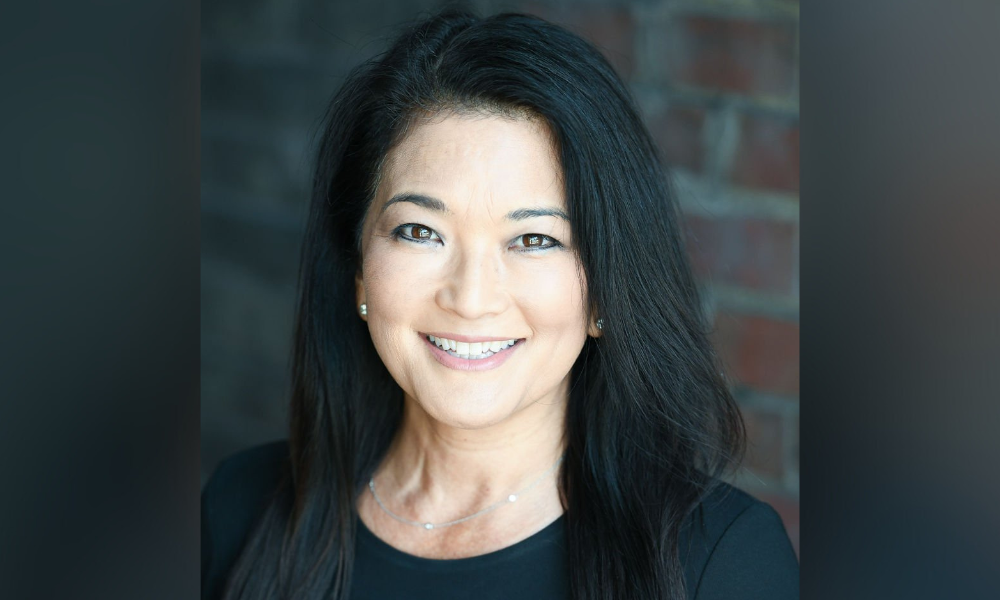
Firms with US clients may feel pressure to downplay diversity programs, says Shari Hosaki

Following the backlash against diversity, equity, and inclusion (DEI) initiatives in the US and McCarthy Tétrault LLP’s recent decision to pause a hiring program for Black and Indigenous law students, DEI professionals in Canada have been fearful that other law firms may take similar steps away from their DEI programs.
Shari Hosaki, a general counsel with experience leading DEI efforts at HarperCollins and in the broader publishing sector, says Canadian law firms with a strong US client base may begin quietly rolling back public-facing DEI programs.
“Unfortunately, this will probably happen,” Hosaki says.
She hopes that law firms choosing to scale back specific programs will do so “without broadcasting it” and that their motivation will stem more from concerns about losing clients than from a rejection of DEI principles. As a result, the firms can simultaneously stay dedicated to DEI practices and mitigate the risk of losing valuable contracts from the US, she says.
“If they can do it quietly and still maintain their values, then it’s the ideal situation for them. I’m not saying this is the right way to go, but it’s a compromise.”
Hosaki says the US political climate – particularly under the Trump administration – has pressured American corporations and law firms to distance themselves from DEI-related messaging.
She adds that some Canadian law firms with a significant presence in the US may respond by limiting their vocalization about their diversity efforts.
“Business is business, and they feel like the US is… a big part of their business. No one's going to want to lose that,” she says.
She says Canadian law firms could avoid advertising their DEI initiatives to clients from the US.
Meanwhile, she says that the abandonment of a specific program does not necessarily mean a firm has discarded the core values behind the program. She urges law firms – and those interacting with them – to treat DEI not as a checkbox exercise but as a guiding framework.
Otherwise, she says, they “will be seen as performative.”
Hosaki says that the survival of DEI principles will depend on the dedication of the firms that implement them and the scrutiny of those who engage with them.
She advises job candidates and general counsel seeking legal partners to ask law firms tough questions about dropped programs and understand whether the firm's actions align with its stated values.
“You should ask those questions, and you should ask for the rationale behind those decisions.”
Hosaki says it is “a shame” that DEI has been mischaracterized in public discourse – particularly in the US – as a push for hiring less qualified individuals. That perception, she says, has created a false sense of unfairness.
“We do not advocate hiring less qualified people. It's about advocating for hiring managers to be more mindful of biases and to aim for an employee pool that is more representative of society as a whole… It’s just giving people the respect that they deserve.”
Despite growing resistance in the US, Hosaki remains optimistic about Canada’s broader cultural approach to inclusion.
“Trump has almost done us a favour in terms of igniting our sense of patriotism and sovereignty,” she says.
She says the recent US threats of annexation and tariffs have sparked a sense of unity and defiance among Canadians – feelings that could also extend to defending DEI values.
“I’m not saying there aren’t naysayers in Canada, but for sure, I think that the culture of Canada is more inclusive… It’s [a] melting pot versus a mosaic,” she says.